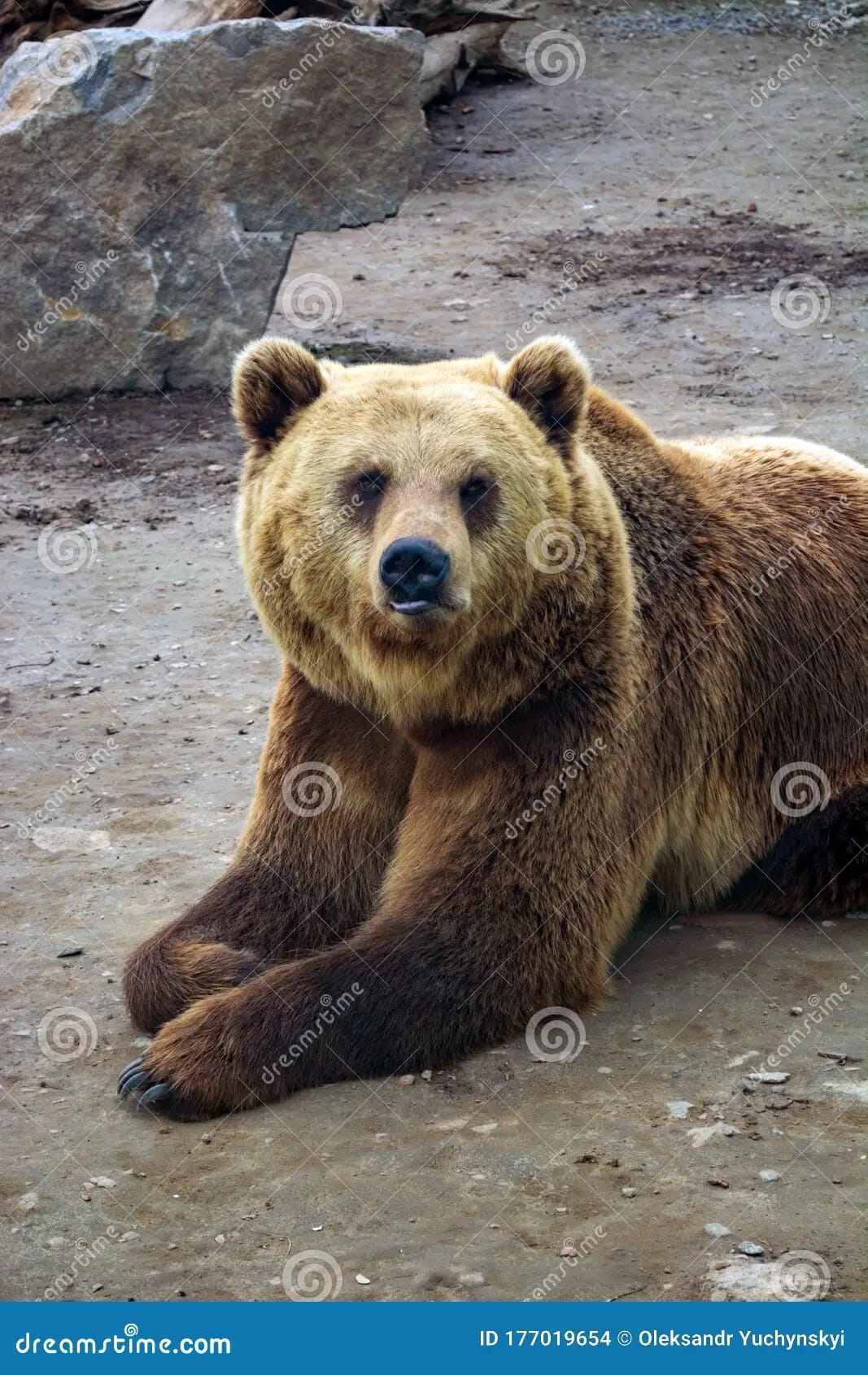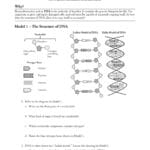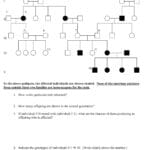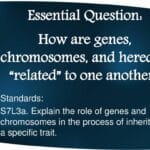You’ve probably seen the heartwarming photos and videos—a cuddly bear with an unusually flat face, a playful monkey with almond-shaped eyes. The internet is quick to label these animals as having Down syndrome, but the truth is a bit more complex. Let’s debunk this common myth and foster a deeper understanding of both human and animal genetics.
Down Syndrome: A Uniquely Human Condition
Down syndrome is a genetic condition specific to humans. It’s caused by an extra copy of chromosome 21, a configuration unique to our species’ DNA. This extra chromosome affects physical features and can present various developmental challenges.
Why Animals Can’t Have Down Syndrome
While animals can experience genetic variations, they don’t have the same chromosomal structure as humans. Attributing a human-specific condition like Down syndrome to animals is not scientifically accurate.
For example, Kenny the white tiger, often cited as having Down syndrome, likely acquired his facial features from inbreeding, a harmful practice that unfortunately continues in some captive animal populations.
Genetic Variations in the Animal Kingdom
This doesn’t mean animals can’t have genetic conditions—they absolutely can! But instead of drawing parallels to human conditions, it’s more accurate to talk about these as genetic variations or disorders specific to that species.
Here are a few examples:
- Albinism: A lack of pigment, causing a white or very pale appearance.
- Melanism: The opposite of albinism, an excess of pigment results in a darker than usual appearance.
- Dwarfism: This can occur in various species, resulting in significantly smaller than average size.
The Danger of Misinformation
Misinformation about “animals with Down syndrome” often stems from a lack of understanding about genetics and can trivialize the experiences of individuals with Down syndrome and their families.
When we prioritize sensationalized labels over accurate information, we perpetuate harmful stereotypes. Instead of focusing on perceived “disabilities,” let’s shift our attention to appreciating the natural diversity of animal appearances and behaviors and advocating for ethical treatment and conservation efforts.
Respecting Differences, Celebrating Diversity
It’s natural to feel a connection with animals, especially those with unique features. However, projecting human conditions onto animals is misleading and can hinder our understanding of both species.
Here’s how we can promote respect and understanding:
- Use accurate language: Refer to differences in animals as genetic variations rather than labeling them with human conditions.
- Support ethical breeding practices: Avoid supporting organizations or breeders that engage in inbreeding, which can lead to a host of genetic problems in animals.
- Promote animal welfare: Advocate for the humane treatment of all animals, regardless of their appearance or genetic makeup.
By embracing accurate information and promoting compassionate understanding, we can better appreciate the incredible diversity of the animal kingdom and ensure that all creatures are treated with the respect and care they deserve.
Understanding Down Syndrome in Humans
Down syndrome is a genetic condition that affects approximately 1 in 700 babies born in the United States. It occurs when a person has an extra copy of chromosome 21, which carries genetic information that guides development.
Common Misconceptions
There are many misconceptions surrounding Down syndrome. One common myth is that people with Down syndrome are always happy. While individuals with Down syndrome often have sunny dispositions, they experience a full range of emotions, just like anyone else.
Another harmful stereotype is that people with Down syndrome are incapable of learning or living independently. With proper support and early intervention, individuals with Down syndrome can lead fulfilling lives, achieve academic success, pursue careers, and maintain meaningful relationships.
Celebrating Abilities and Potential
It’s important to remember that each person with Down syndrome is an individual with their own unique strengths, talents, and challenges.
Did you know?
- People with Down syndrome are increasingly graduating from high school and attending college.
- Many individuals with Down syndrome are employed in various fields, demonstrating their capabilities and contributions to the workforce.
- People with Down syndrome are active participants in their communities, engaging in sports, arts, advocacy, and social activities.
By shifting our focus from limitations to possibilities, we can create a more inclusive and supportive environment where all individuals, regardless of their genetic makeup, have the opportunity to reach their full potential and thrive.
- Crypto Quotes’ Red Flags: Avoid Costly Mistakes - June 30, 2025
- Unlock Inspirational Crypto Quotes: Future Predictions - June 30, 2025
- Famous Bitcoin Quotes: A Deep Dive into Crypto’s History - June 30, 2025
















